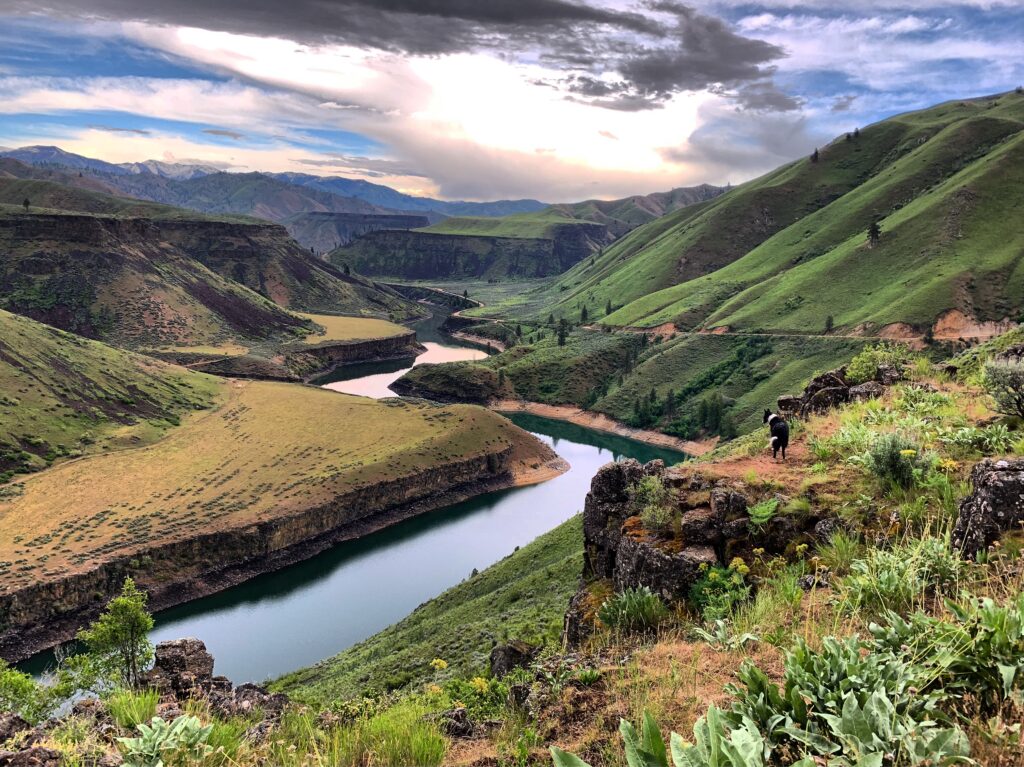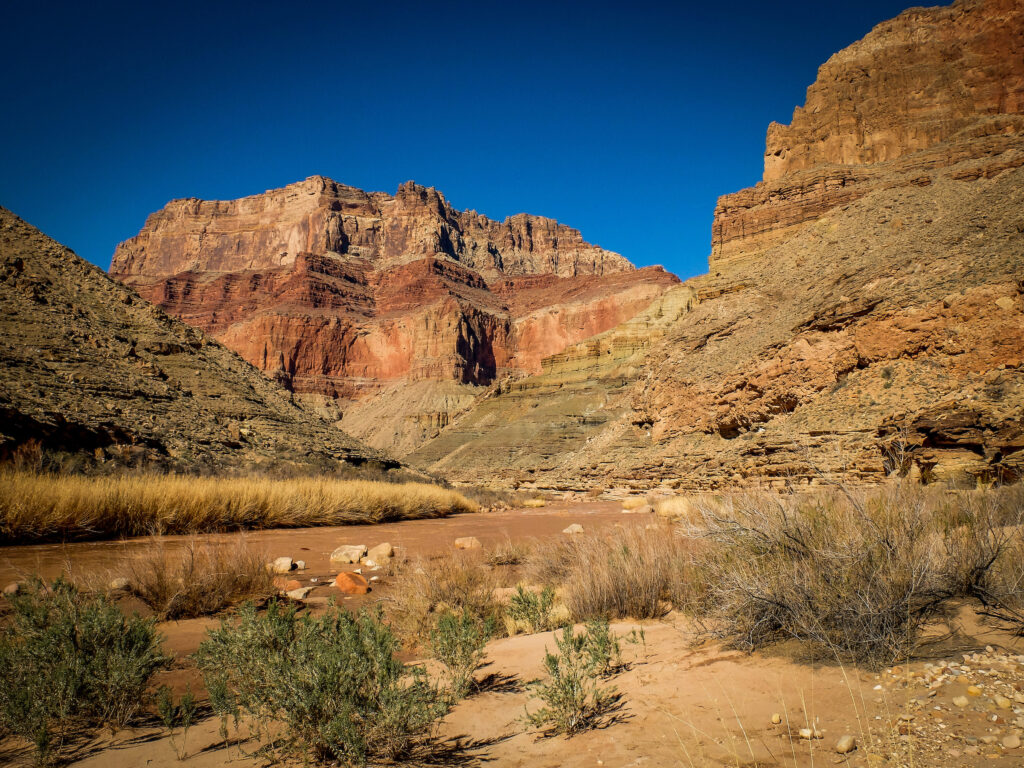Invest in water to protect public health, economy
As we celebrate the 50th anniversary of Earth Day, the connection between water and public safety has never been more stark.
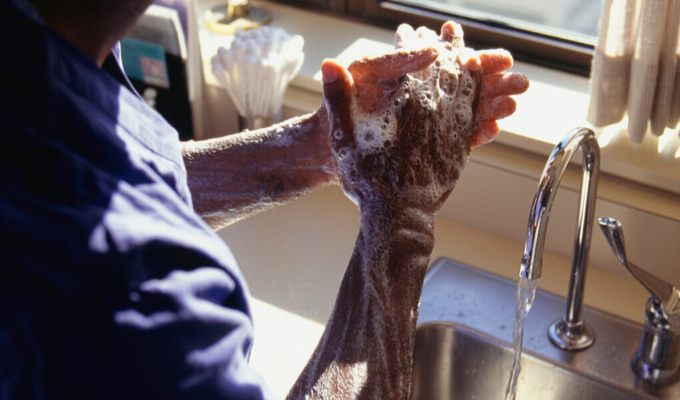
Coronavirus is shining a national spotlight on the shortcomings and inequities in our nation’s water infrastructure – and revealing where we must invest in clean water and healthy rivers to improve public health and our economy.
The CDC recommends washing hands for at least 20 seconds as one of the best ways to fight the spread of coronavirus. But millions of people in our country aren’t able to practice this necessary, basic hygiene because they don’t have access to clean running water in their homes.
Roughly two million people in our country lack access to running water, indoor plumbing or wastewater treatment. Food and Water Watch did a study in 2016, showing that 15 million people had their water shut off for nonpayment. In many rural and urban areas, water quality is a serious concern. Communities of color and historically marginalized communities are disproportionately impacted, with limited access to clean, safe and affordable water.
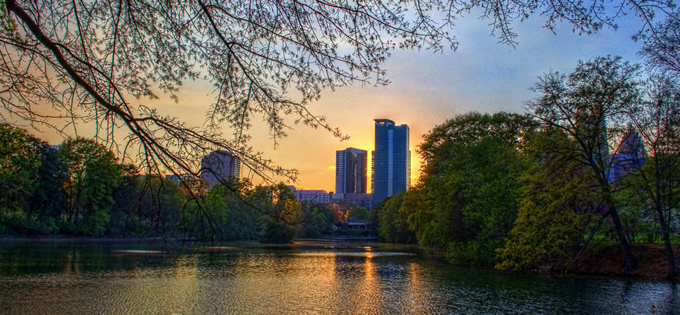
To their credit, several cities including Atlanta, Washington, DC, St. Louis and San Francisco, and states such as Pennsylvania and North Carolina, have taken the important step in issuing a moratorium on water shut-offs during the coronavirus pandemic. And other cities including Phoenix, Denver and Detroit have gone even further and are restoring water access to households whose water was shut off before the pandemic. People experiencing homelessness need access to clean water, too. Portland, Oregon has placed emergency hand-washing stations around the city. All of this is vital to ensuring people can protect themselves and their neighbors, and stop the spread of the virus.
In many river communities, coronavirus is also shining a grim light on the vulnerabilities of our water infrastructure when it comes to flooding. We named the Upper Mississippi and the Lower Missouri the top two rivers in America’s Most Endangered Rivers® of 2020 because over a century of efforts to “fight” floods and “control” rivers through higher and higher levees and paving over floodplains has put millions of people in harm’s way.
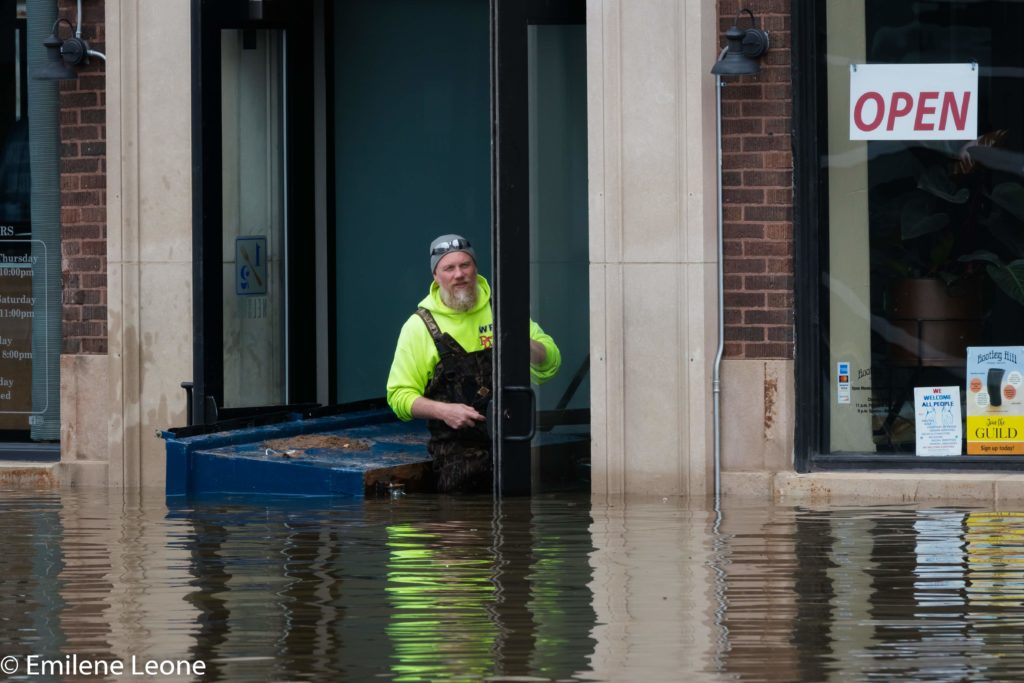
The National Oceanic and Atmospheric Administration is predicting major to moderate flooding in 23 states this spring. If a flood threatens a community during a coronavirus “stay at home” order, where will people turn for safety and shelter? How will communities that typically rely on volunteers turning out to build sandbag defenses protect homes and businesses if people are in danger of contracting the deadly coronavirus? With scarce resources and supplies, how will communities, states and the federal government respond to both disasters at once? Even during normal times, floods exacerbate inequities. The financial burden of floods on low income communities will be even more dire when communities are under the financial strain caused by coronavirus. It’s clear that we need a new approach to managing flood risk, one that puts people first and gives rivers room to flood safely.
Clean water and healthy rivers are vital to life in our country. Reliable, resilient water infrastructure is essential to our health and safety, our economy and our national security. Not only is it our moral responsibility to ensure everyone has clean water, it’s a smart investment. According to the Value of Water Coalition, every $1 spent on water infrastructure in the U.S. generates $3 to the private economy.
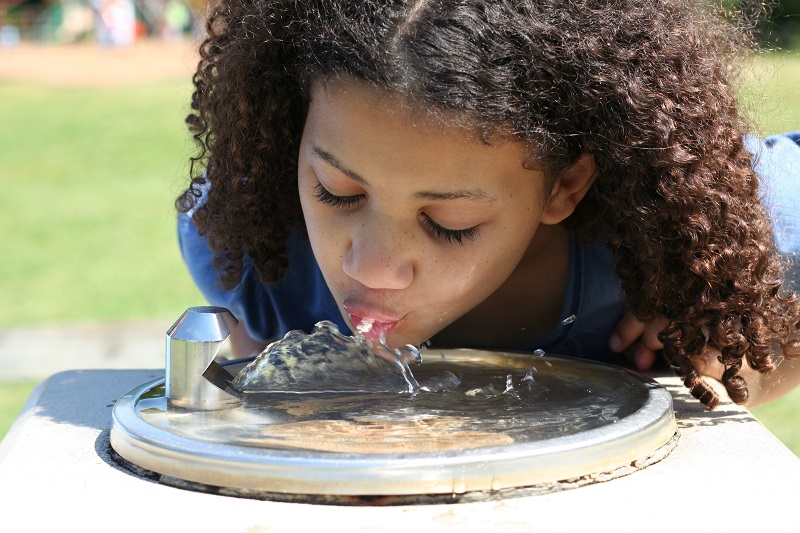
Congress must act to prioritize healthy rivers and clean, safe, affordable water for all. This should include, for the duration of the pandemic emergency, a ban on water shut-offs nationwide and restoration of water services for anyone without access. Congress must also increase water infrastructure funding to ensure clean water and sanitation for communities most in need, and increase funding for innovative, cost-effective solutions that strengthen communities in the face of flooding and other impacts of climate change.
As we navigate this unprecedented crisis, our actions now will define our future. This Earth Day, let’s seize the moment to better protect the health of our families and our neighbors, build more resilient communities, and strengthen our economy. It all starts with something profoundly simple, yet incredibly powerful: water.

